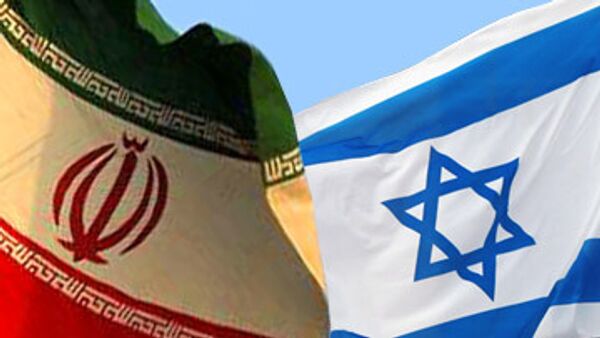This memorable day is annually celebrated in Iran as the National Day of Nuclear Technology, which falls on April 8 this year.
This Nuclear Day has now become international. The Iranian nuclear program has divided the world community into two parts; some countries believe in the right of any nation to develop its own nuclear technologies, whereas others insist on their absolute transparency. As a result, the former support Iran's nuclear ambitions, whereas the latter doubt that Tehran's nuclear program is strictly civilian.
The Iranian issue has become so urgent that from December 2006 to March 2008, the UN Security Council adopted three resolutions on Tehran's nuclear program. It imposed sanctions against Iran, and then toughened and extended them. Some Iranian nuclear experts are barred from foreign countries, accounts of a number of Iranian companies and banks have been frozen, and shipments are subject to inspection.
Each resolution gave Iran 90 days to come to its senses, curtail its nuclear program, and return to the negotiating table. A special UN Security Council committee was supposed to monitor the sanctions against Iran in relation to its nuclear activities.
But, to repeat, the world is split on this problem. Chairman of the said committee, Johan Verbeke admitted recently that only less than half of UN members have submitted compulsory reports on their compliance with the Security Council resolutions on Iran. He said that he received reports on the implementation of the first resolution from 88 countries, and of the second one, from only 72. This is not much considering that UN consists of almost 200 nations.
This Nuclear Day in Iran is special. The Iranians were promised some interesting news in advance. Finally, President Mahmoud Ahmadinejad said that Iran has embarked on a plan to install 6,000 centrifuges to enrich uranium. These are IR-2 centrifuges in Iran's classification, and their productive capacity is two and a half times higher than that of their predecessors -- first generation P-1s. What does this mean?
If 3,000 P-1 centrifuges can enrich enough uranium for one nuclear bomb in three years, their successors, with double the number, will do the same at least five times faster.
Iran has not bought a single complete IR-2 counterpart abroad, and new generation centrifuges are practically made entirely of Iranian materials and components. Therefore, there are no grievances against Iran - merely concerns, which are bordering on strong suspicions. The problem is Iran's reluctance to comply with the UN resolutions and stop all uranium-enrichment activities. Iran argues that it has the right to develop its own nuclear technologies as a participant in the Nuclear Non-Proliferation Treaty (NPT).
It is believed that the Iranian nuclear paradox stems from different interpretations of the NPT, which no longer corresponds to today's realities. It proclaims that "Nothing in this Treaty shall be interpreted as affecting the inalienable right of all the Parties to the Treaty to develop research, production and use of nuclear energy for peaceful purposes without discrimination..."
It transpires that the treaty does not give clear-cut recommendations on the adoption of commitments by its members that would prevent a switch from peaceful uses of nuclear energy to the production of nuclear weapons.
As a result, the NPT, which entered into force in March 1970, has made the world hostage to Iran's nuclear ambitions. There is only one step left from the level of nuclear technologies which Iran has largely reached, to the production of nuclear weapons, and this step only requires political will.
So, have a good Iranian (if not international) Nuclear Day!
The opinions expressed in this article are the author's and do not necessarily represent those of RIA Novosti.

